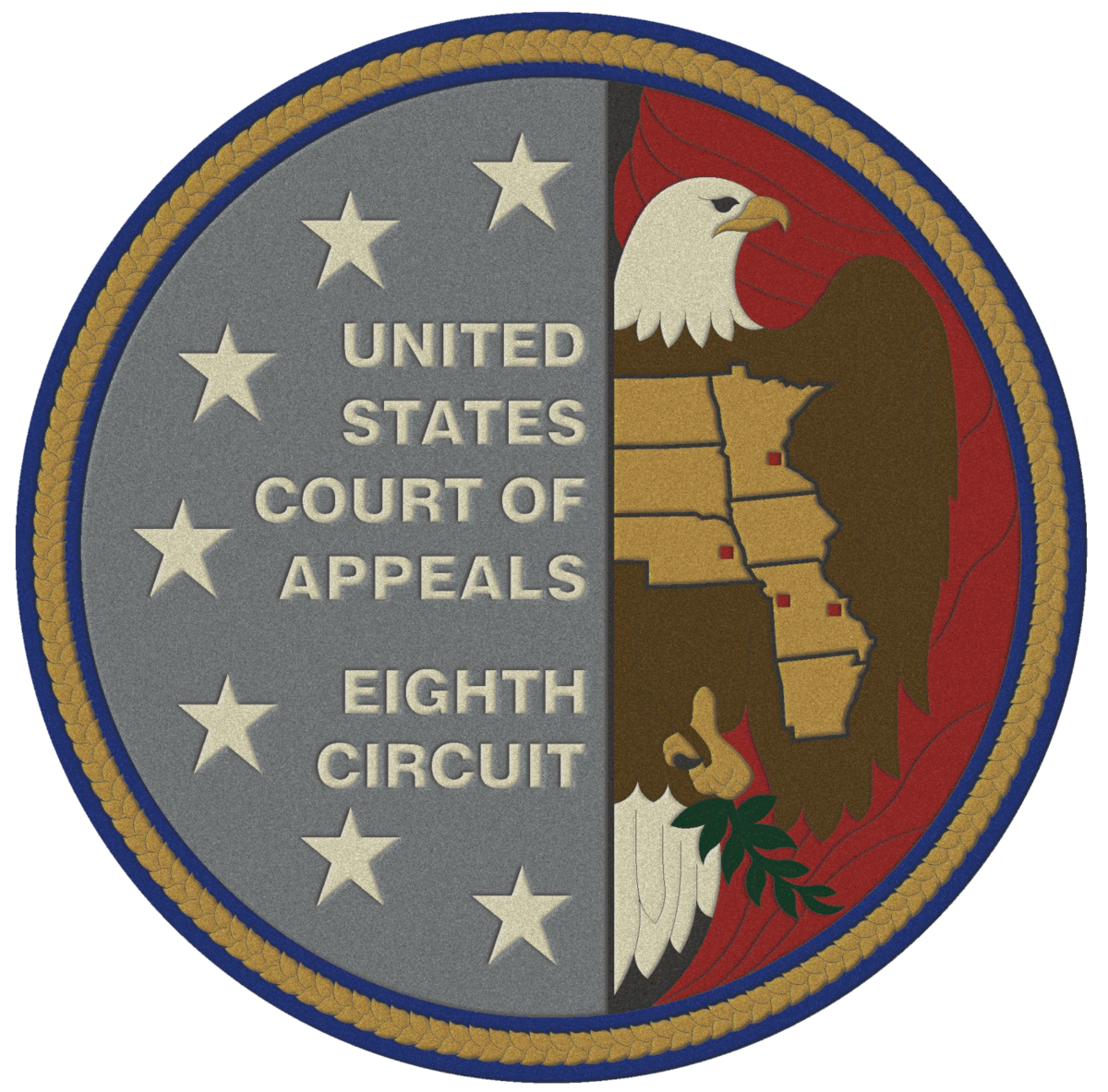Originally published on Forbes.com.
Larry Zavadil, founder and CEO of American Solutions For Business, may have gotten a raw deal from the IRS and the Tax Court on his 2005 charitable contributions and the Eighth Circuit is not cutting him any slack in its decision last week. There is a useful lesson to accountants in the decision. The lesson is that life is easier if you have everybody pay their own bills. It is really a variation of Reilly’s Fourth Law of Tax Planning – “Execution isn’t everything but it’s a lot”.
More Month Than Money
Mr. Zavadil founded ASB in 1981 and was the sole owner until 2000 when he sold to an ESOP remaining, without compensation, as CEO and a member of the board of directors. One of the little perks that he maintained was that the company would pay some of his personal expenses subject to his reimbursing the company. This sort of thing is quite common. Many charts of account will have an “officers loan account” where expenses for which no plausible business connection can be discerned will be charged. Sometimes the amount will be converted to salary at year end depending on the type of entity. In this case it was referred to as a “ledger balance”.
The creditors of ASB required that ledger balances be zeroed out at the end of every month. So Mr. Zavadil wrote a personal check to ASB at the end of every month. Some months though his personal account was a little light. The solution to that problem was one that would have given me heartburn.
At the end of certain months in 2004 and 2005, however, Zavadil’s personal bank account had insufficient funds to reimburse American Solutions for the amount recorded on the ledger. For those months, Zavadil and American Solutions employed a system of advances that allowed the ledger to reflect a zero balance at the end of the month. At the end of each month, Zavadil wrote a personal check to the company, and the company brought the ledger balance to zero. At the beginning of the next month, however, American Solutions advanced funds to Zavadil’s personal bank account to cover some or all of the amount of the check, recorded the advance as an expense on the ledger, and then cashed the personal check received at the end of the previous month.
I’m not certain that it would be accurate to describe this practice as kiting, but it certainly has some of the attributes of that practice.
Who Really Made The Contribution?
Rather than being exceptional the practice of a month beginning advance to cover the check that had represented the month end repayment became the rule with advances following repayments for all the months in the second half of 2005. Hence the Tax Court ruled that charitable contributions run through the ledger account during that period were not deductible by the Zavadis.
As relevant to this appeal, the tax court ruled in favor of the Zavadils on charitable contributions made prior to July 2005, ruling that they were deductible because Zavadil reimbursed American Solutions for those contributions and thus bore the economic burden. The tax court, however, disallowed charitable deductions made from July 2005 through December 2005, because the Zavadils did not demonstrate that they—not American Solutions—bore the economic burden of those contributions. Because the record did not establish that Zavadil bore the economic burden of paying the entire ledger balance in any of those months, the court found that the Zavadils failed to prove “what portion, if any, of the charitable contributions made after June 2005 Mr. Zavadil effectively paid with his own funds and not funds advanced by .” The court also found no evidence that the ledger account balance at the end of 2005 represented bona fide indebtedness of Zavadil.
The final sentence is telling. It is not out of the question that properly executed notes would have salvaged the situation for Mr. Zavadil.
As noted the Eighth Circuit was not inclined to cut Mr. Zavadil a break.
That Zavadil repaid all funds in the first half of 2005 did not necessarily show that he was obliged to do so, especially when there was no evidence that he did so in the second half. The court permissibly declined to accept accountant Carlson’s testimony, given that the system of advances undermined the claim that Zavadil actually repaid the company in full at the end of every month. The requirement imposed by creditors that the company show a zero ledger balance at the end of each month did not exclude the possibility that American Solutions nonetheless bore the economic burden by reimbursing Zavadil for some or all of his end-of-month payments through advances at the beginning of the next month. And the company’s obligation to make installment payments to Zavadil in exchange for his sale of the company does not establish that Zavadil was required to repay the advances. Zavadil points to no evidence that the company deducted the advances from its installment payments on the note, or that the note was designated as collateral for the advances. It was not clear error for the tax court to find Zavadil’s evidence wanting.
The Moral
The other moral of this story might be “Oh what a tangled web we weave, when first we practice to deceive”. That work-around in order to show the zero ledger balance might have been not so bad to do just once, but once it became a habit it was bound to create trouble. Accountants tend to think they can create reality by what accounts they charge things to, but a lot of case law indicates that the courts do not think that the accountant’s pencil is that mighty an instrument. It really is much more prudent to have a clean transaction trail with deductible items paid directly by the person or entity deducting them.































































































